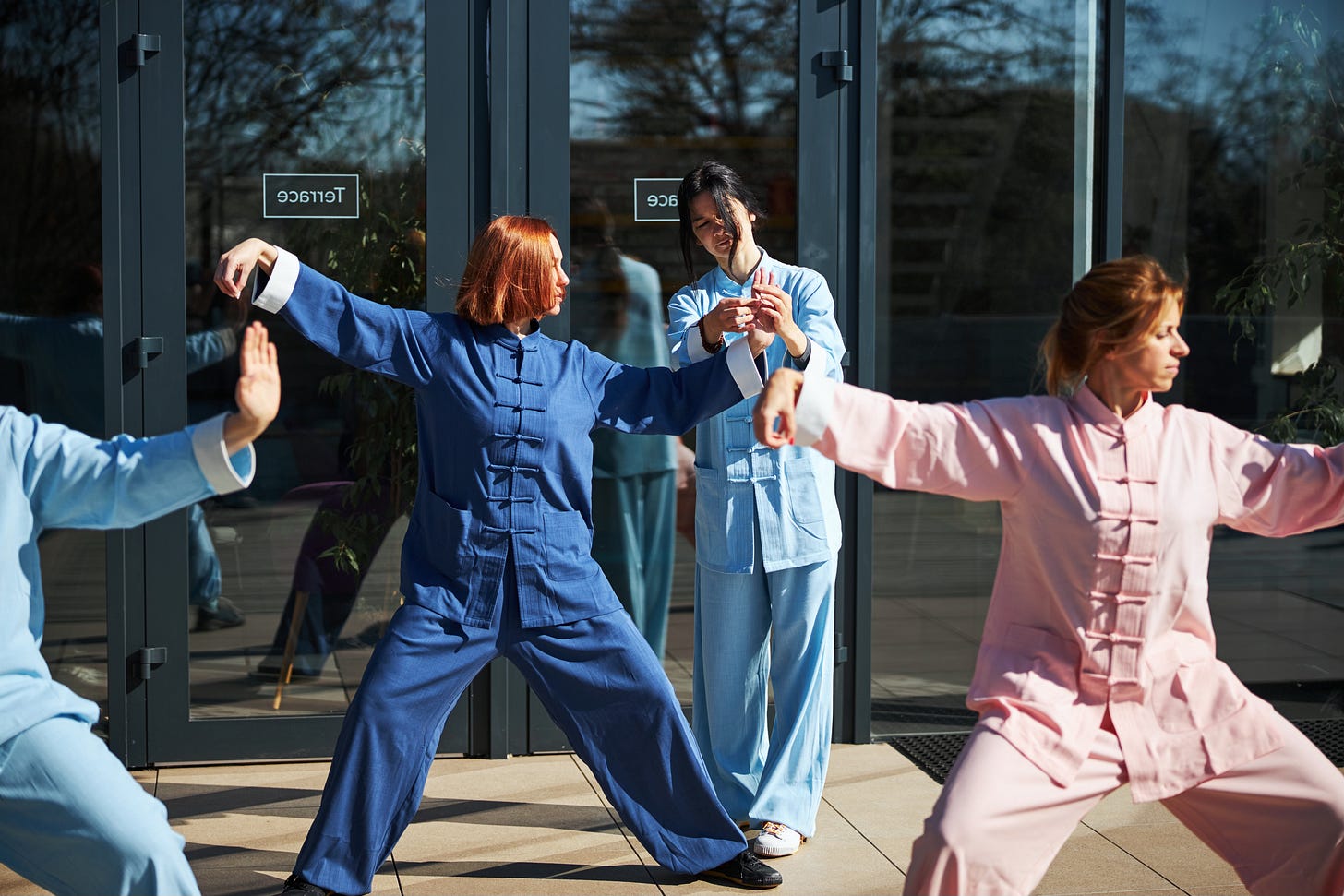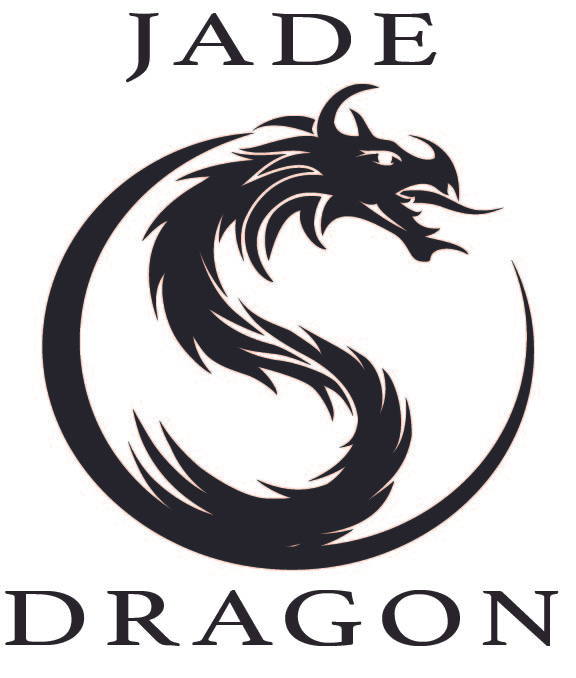Peer-Reviewed Research Review: Effect of Qigong exercise on cognitive function, blood pressure and cardiorespiratory fitness in healthy middle-aged subjects
The study titled "Effect of Qigong exercise on cognitive function, blood pressure and cardiorespiratory fitness in healthy middle-aged subjects" by Suphannika Ladawan et al. investigates the impact of an 8-week Qigong exercise regimen on cognitive function, blood pressure, and cardiorespiratory fitness. Conducted at the University of Innsbruck, Austria, the research involves 12 healthy middle-aged participants, examining changes pre- and post-training and after a 12-week detraining period.
Methods
The study was divided into two parts. The first part focused on the effects of the 8-week Qigong exercise program, while the second part assessed the detraining effects after 12 weeks of cessation. Participants were recruited through flyers and emails, with 12 individuals completing the training and 10 continuing through the detraining phase. Cognitive function was measured using the Digit Span Forward and Backward tests for memory, and the Trail Making Tests (TMT) A and B for executive function. Blood pressure measurements included systolic, diastolic, and mean arterial pressure (MAP). Cardiorespiratory fitness was evaluated through maximal workload and maximal oxygen consumption (VO2max) during an incremental exercise test.
Results
Cognitive Function:
Memory: No significant changes were observed in the Digit Span Forward and Backward tests immediately post-training or after detraining.
Executive Function: A significant improvement was noted in the TMT-A test (attention and processing speed) post-training, but performance returned to baseline levels after detraining. TMT-B (mental flexibility) did not show significant improvement post-training or after detraining.
Blood Pressure:
Significant reductions in systolic and diastolic blood pressure, as well as MAP, were observed post-training. These improvements returned to baseline levels after the detraining period.
Cardiorespiratory Fitness:
A significant increase in maximal workload was observed post-training, indicating improved muscular strength. However, VO2max did not show significant changes. Post-detraining, maximal workload decreased back to baseline levels.
Discussion
The findings indicate that an 8-week Qigong exercise program can significantly improve attention, processing speed, blood pressure, and maximal workload in healthy middle-aged adults. However, these benefits are not sustained after 12 weeks of cessation, highlighting the importance of regular practice to maintain these health benefits.
Memory Function: The lack of significant improvement in memory function tests (DSF and DSB) aligns with previous studies suggesting that short-term Qigong interventions may not be sufficient to produce notable changes in memory performance. The correlation between DSF scores and maximal workload suggests that cognitive improvements may be more closely linked to overall physical fitness rather than specific memory enhancements.
Executive Function: The significant improvement in TMT-A performance post-training supports the hypothesis that Qigong can enhance attention and processing speed. The absence of significant changes in TMT-B might be attributed to the relatively healthy baseline cognitive function of participants and the short duration of the intervention. Previous studies on older adults and clinical populations have reported more pronounced benefits, suggesting that the effects of Qigong may be more evident in populations with initially lower cognitive function.
Blood Pressure: The significant reductions in blood pressure parameters post-training are consistent with previous research on the benefits of Qigong for cardiovascular health. The return of blood pressure to baseline levels after detraining underscores the necessity of continuous practice to sustain these improvements. The mechanisms behind these effects may include enhanced parasympathetic activity, stabilization of the sympathetic nervous system, and improved endothelial function.
Cardiorespiratory Fitness: The increase in maximal workload without corresponding changes in VO2max suggests that Qigong may predominantly enhance muscular strength rather than aerobic capacity. This is supported by similar findings in studies on leg strength improvements following Qigong practice. The rapid decline in performance after detraining highlights the transient nature of these benefits and the need for ongoing training to maintain fitness levels.
Limitations
The study's limitations include the small sample size and the lack of a control group. The small sample size, although based on power calculations, limits the generalizability of the findings. The absence of a control group prevents the exclusion of potential placebo effects and other confounding factors. Future research should address these limitations by including larger sample sizes and randomized controlled trials.
Conclusion
This study demonstrates that Qigong exercise can effectively improve cognitive function, blood pressure, and cardiorespiratory fitness in healthy middle-aged adults. However, these benefits diminish after a period of detraining, emphasizing the need for regular practice to maintain the health advantages of Qigong. The findings contribute to the growing body of evidence supporting the integration of mind-body exercises like Qigong into health and wellness routines.
Reference
Ladawan, S., Klarod, K., Philippe, M., Menz, V., Versen, I., Gatterer, H., & Burtscher, M. (2017). Effect of Qigong exercise on cognitive function, blood pressure and cardiorespiratory fitness in healthy middle-aged subjects. Complementary Therapies in Medicine, 33, 39-45. https://doi.org/10.1016/j.ctim.2017.05.005
For more information on how practices like Qigong and meditation influence mental and physical health, please head over to www.jadedragon.org.
If you found this post informative, we kindly request you to like, comment, subscribe, and share it with your friends and family. Spreading the word will help us reach more people, offering them the potential for improved health, strength, and peace of mind.



